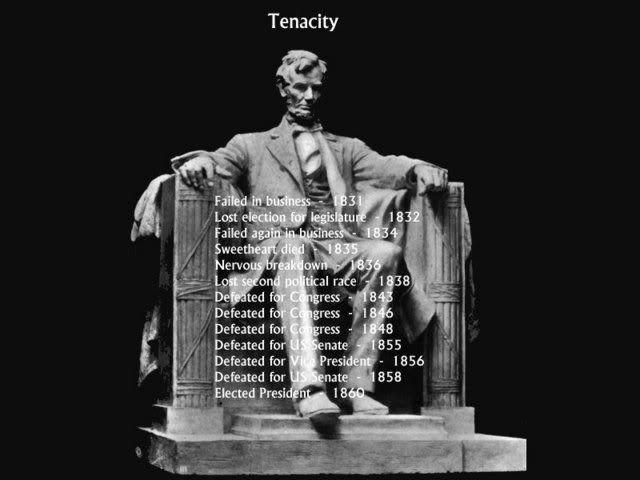One of the blogs I discovered recently and which I've really come to enjoy is the Urban Monk by Albert Foong. One of the things I most like about Albert's blog is that the articles are in depth, insightful, and truly though provoking.
His blog's most recent post was an article written by Tom Stine entitled Separating the Spiritual Wheat from the Chaff. This post and the comments it provokes are a great example of what a blog should be. So I heartily recommend you check it out.
One of the key ideas in the article is developing a basis by which to discern the quality of the teaching being offered by anyone who is positioning themselves as a teacher. This can run the gammit from your church pastor to the latest new age guru.
How do you determine who is the snake oil salesman versus the enlightened master? Particularly these days where there's something of a spiritual revolution underway? (And that's another topic in itself for another day.)
Reading the article got me to thinking about the idea that any teacher or guru tends to have a "shelf life".

If you're like me, over time and as part of your journey to living a life of inspired abundance, you will tend to come to a point where you stop listening to a particular teacher and begin to discount what he or she has to say.
Why is that?
For me, I've observed that most teachers I've come across have a shelf life -- for me -- of around 2 years. There are certainly exceptions, but I'd say it's generally true that after 2 years, I've learned pretty much all I'm going to learn from a particular person.
Or at least I've learned pretty much all I'm prepared to learn.
Isn't that interesting ...
As my buddy Peter at The Wealthy Attitude is prone to say, "You must first drop your 'already' listening in order to have a 'ready' listening". In other words, you need to be willing and open to listen to new ideas and concepts rather than listening for proof of what you think you already know. When you decide you already know something, you stop listening for anything new.
That's the challenge in the relationship with student and teacher. There comes a point where the student's ready listening shifts to an already listening (with that teacher).
At that point, the student's new learnings must come from a new teacher for which there's a "ready" listening. So it's now a new teacher that has the most relevance.
That strikes me as part of the cycle of personal development.
So while it's important to be aware of and able to discern the value and quality of a teacher as we learn and grow through life, it's also important to remember that the relevance of the self growth teacher is as much a reflection of our own level of growth and "ready listening" as it is the quality of the teacher's message.



 Meanwhile, here are 7 quotes about ego as you consider whether your ego is your friend or enemy:
Meanwhile, here are 7 quotes about ego as you consider whether your ego is your friend or enemy:








 Is it possible to let your fears shape your dreams?
Is it possible to let your fears shape your dreams?